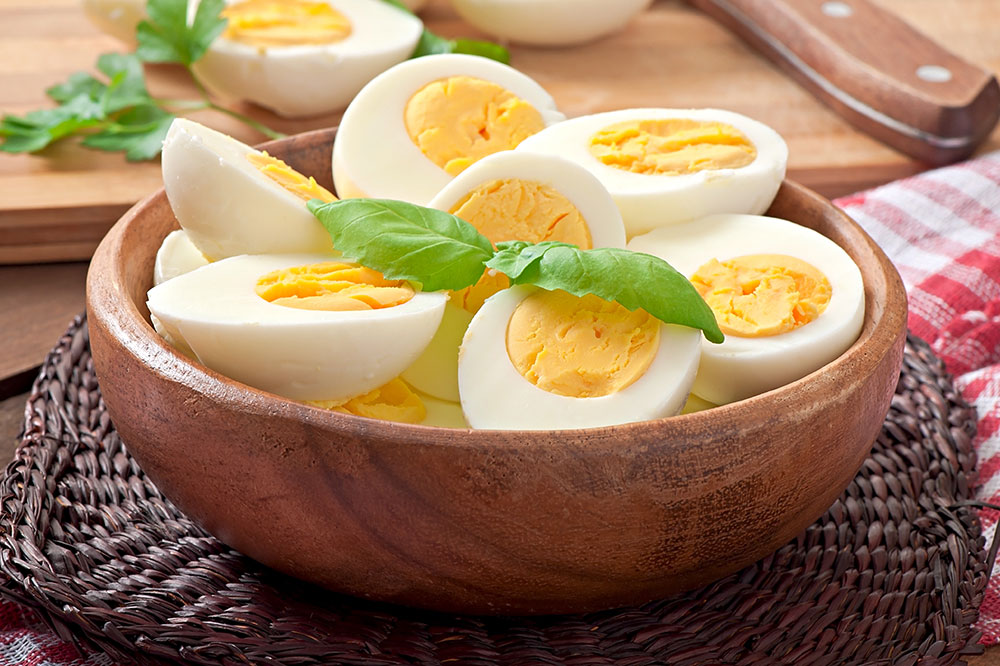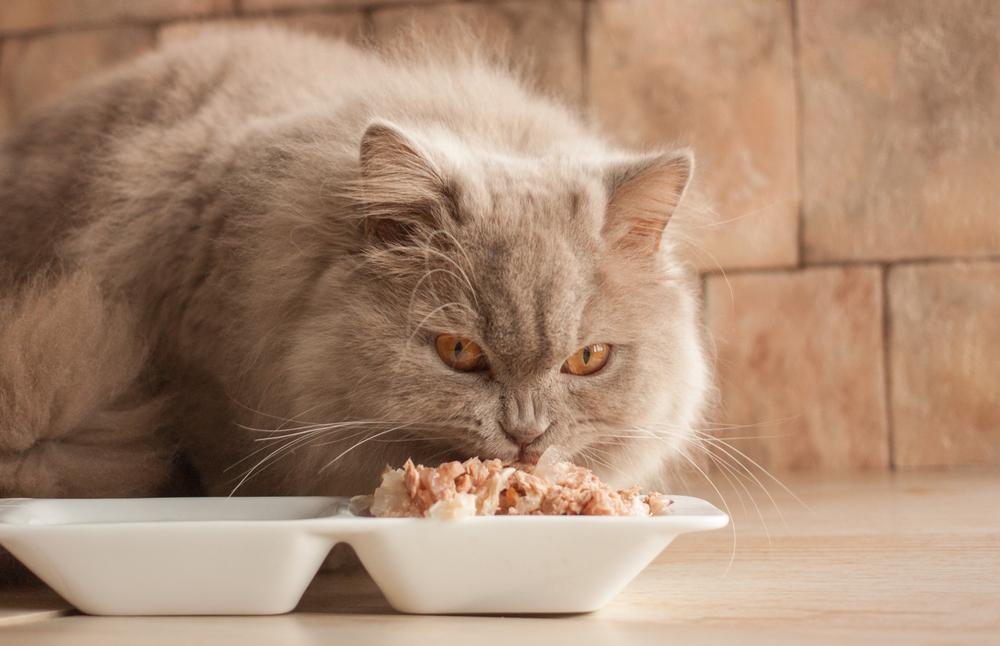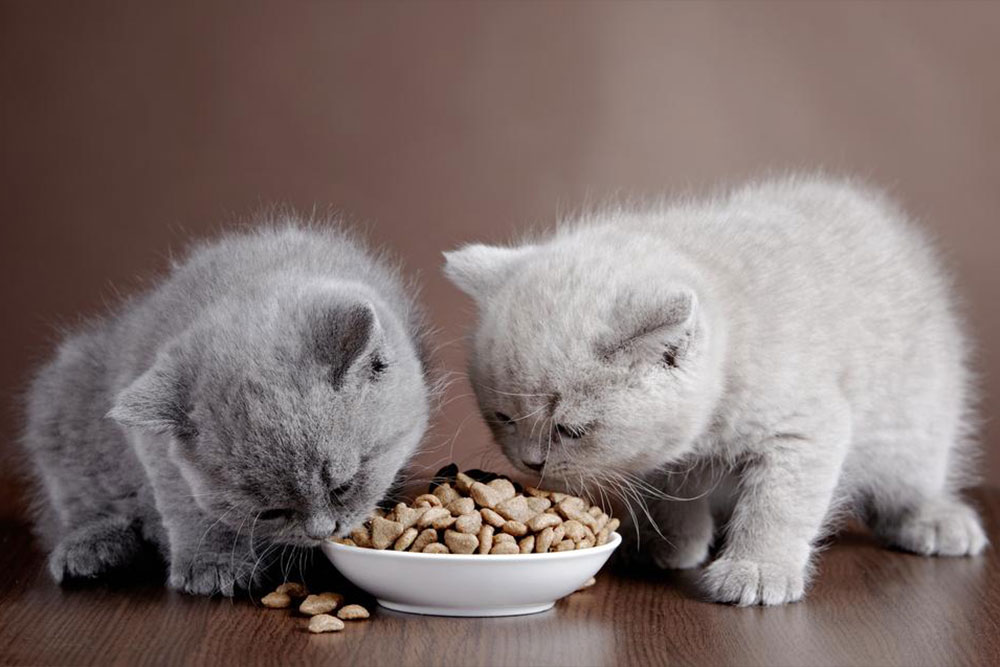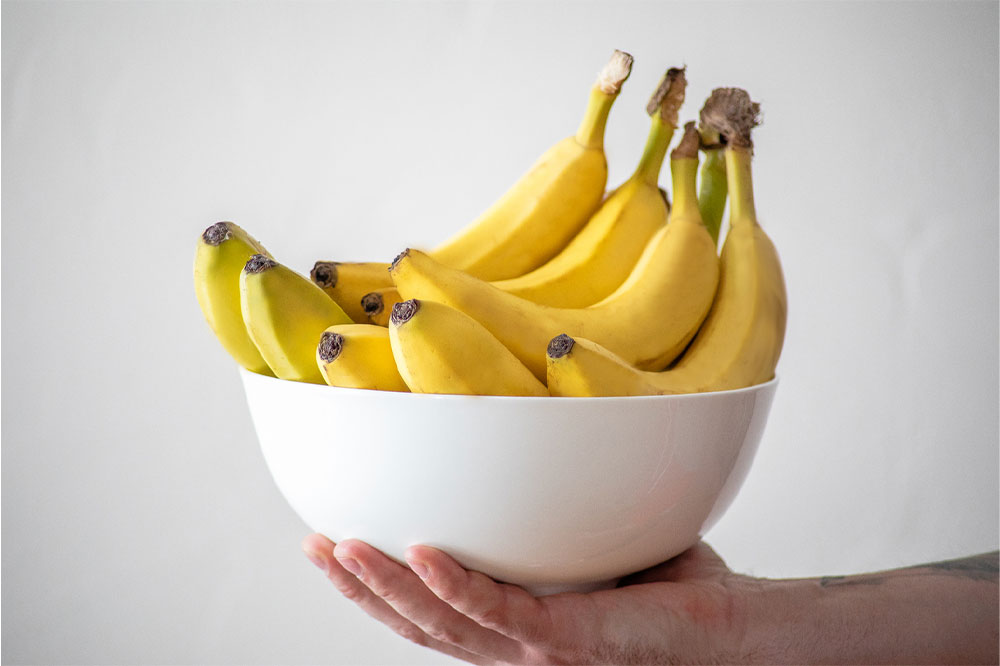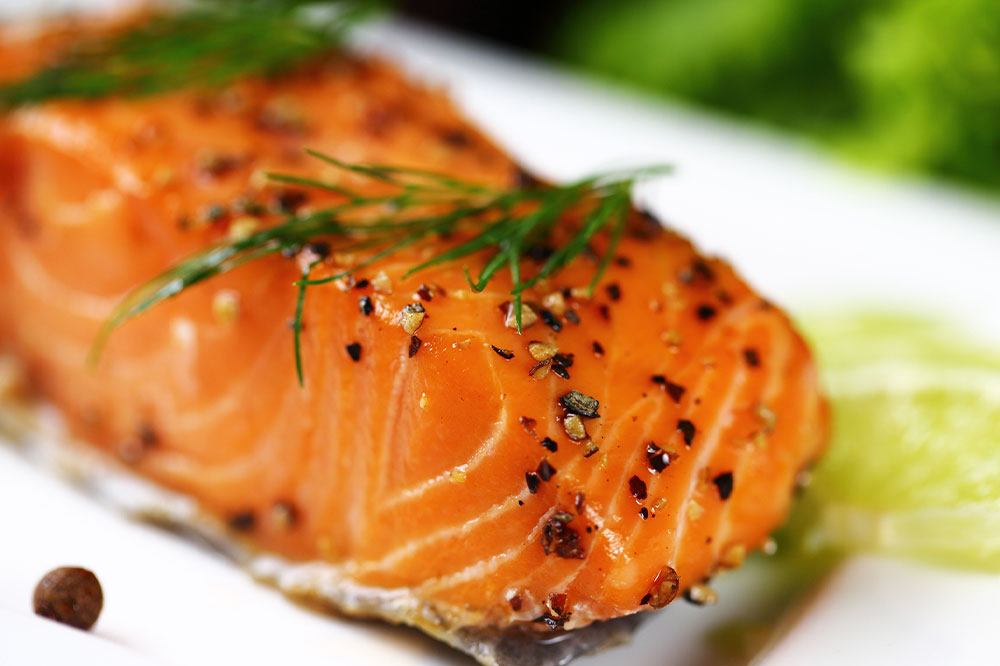A Comprehensive Guide to Safe Human Foods for Your Cat
Discover the comprehensive list of human foods safe for cats, including fish, grains, eggs, and vegetables. This guide helps pet owners make informed dietary choices to keep their feline friends healthy and happy, with tips on preparation and moderation. Learn how to safely incorporate these foods into your cat’s diet for improved health and wellness, along with recommendations for trusted treats and brands. Prioritize your pet’s safety while sharing enjoyable, nutritious snacks beyond traditional cat food.
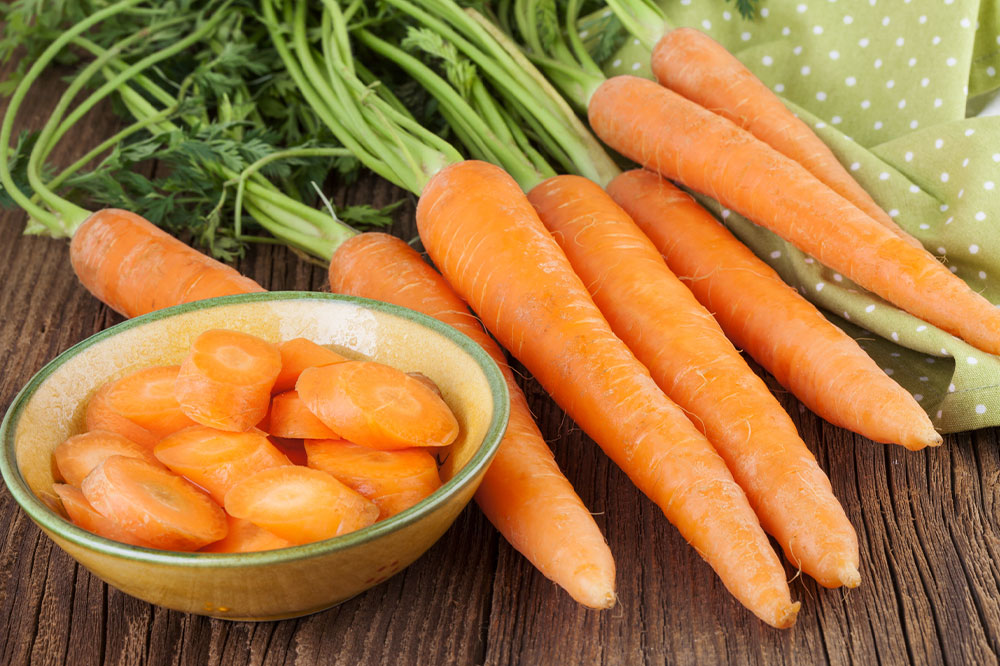
A Complete Guide to Safe Human Foods Your Cat Can Eat
As a dedicated cat owner, you might find yourself sharing bites from your plate with your feline friend, driven by their curious nature and adorable begging eyes. While it might seem harmless, it’s vital to know which human foods are safe and healthy for your cat to consume. Not all human foods are suitable for felines; some can cause health issues or even be toxic. This comprehensive guide aims to provide detailed information on various human foods that cats can safely enjoy, helping you make informed decisions for your pet's diet.
Fish (Salmon, Tuna, Mackerel): A Favorite Among Cats
One of the most beloved foods by cats worldwide is fish. Fish like salmon, tuna, and mackerel are not only delicious but also packed with essential nutrients beneficial for cats. Veterinarians frequently recommend incorporating fish into a cat’s diet because of its rich omega-3 fatty acids, which play a crucial role in maintaining optimal eye health, reducing inflammation, and supporting joint function. However, it’s important to prepare fish properly to ensure safety and nutritional value. Opt for cooked, boneless fish instead of raw or canned options, as raw fish can contain parasites, and canned fish often contains excessive preservatives or sodium. Always serve fish in small, cooked portions to prevent choking hazards and injuries from bones. Remember, moderation is key, as too much fish can lead to nutritional imbalances, such as an excess of mercury or vitamin E deficiency.
Whole Grains: A Nutritious Alternative
If your cat prefers plant-based or grain foods, there are several healthy options that can be safely added to their diet. Whole grains like oats, brown rice, cornmeal, millet, and wheat berries are rich in nutrients, fiber, and vitamins. These grains can serve as a healthy supplement, especially for cats with specific dietary needs or those that do not eat fish or meat. When offering grains, ensure they are thoroughly cooked and served in small portions to prevent digestive issues. Mixing cooked grains into your cat’s regular food can provide added fiber and energy. Remember, while cats are obligate carnivores, small amounts of grains can support digestive health and provide essential nutrients, especially in commercial cat foods designed with a balanced formula.
Cooked Eggs: Protein Powerhouse
Eggs are an excellent source of high-quality protein and contain vital vitamins such as B vitamins and selenium. When preparing eggs for your cat, always serve cooked eggs—boiled, scrambled, or baked—to eliminate bacteria like Salmonella or E. coli that pose health risks. Avoid adding salt, butter, or seasoning, as these can be harmful. Many cats enjoy the taste and texture of cooked eggs, which can serve as an occasional treat or supplement to their diet. Be cautious of potential allergic reactions; introduce eggs gradually and observe for any adverse symptoms such as vomiting or diarrhea. Eggs can be a healthy addition, especially for cats with specific dietary restrictions or during illness recovery.
Fruits and Vegetables: A Rainbow of Nutrients
While cats are generally not attracted to sweet flavors, some enjoy certain fruits and vegetables as treats. Safe options include cucumber slices, cantaloupe, steamed broccoli, baked carrots, and green beans. These offer essential vitamins, minerals, and antioxidants that support overall health and immune function. When introducing new produce, ensure they are properly washed, cooked if necessary, and served in small, manageable pieces to prevent choking. Not all fruits and vegetables are safe for cats; avoid onions, garlic, grapes, raisins, and citrus fruits, as they can be toxic. Incorporating these plant-based snacks occasionally can provide variety in your cat’s diet and contribute to their well-being.
In addition to natural foods, it's advisable to consider nutritionally balanced commercial cat treats from reputable brands. These treats, like those from Royal Canin, Blue Buffalo, Wellness, Purina, and Merrick, are formulated specifically for feline health and safety. Available at specialty pet stores such as Chewy, PetSmart, and Petco, these treats are convenient options for training, rewards, or just a healthy snack.
In conclusion, while sharing human foods with your cat can be enjoyable and beneficial, it’s crucial to understand which foods are safe and in what quantities. Always introduce new foods gradually, observe your cat for any adverse reactions, and consult your veterinarian if you have doubts or an underlying health condition. Proper dietary choices not only satisfy your pet’s taste buds but also promote long-term health and happiness.

